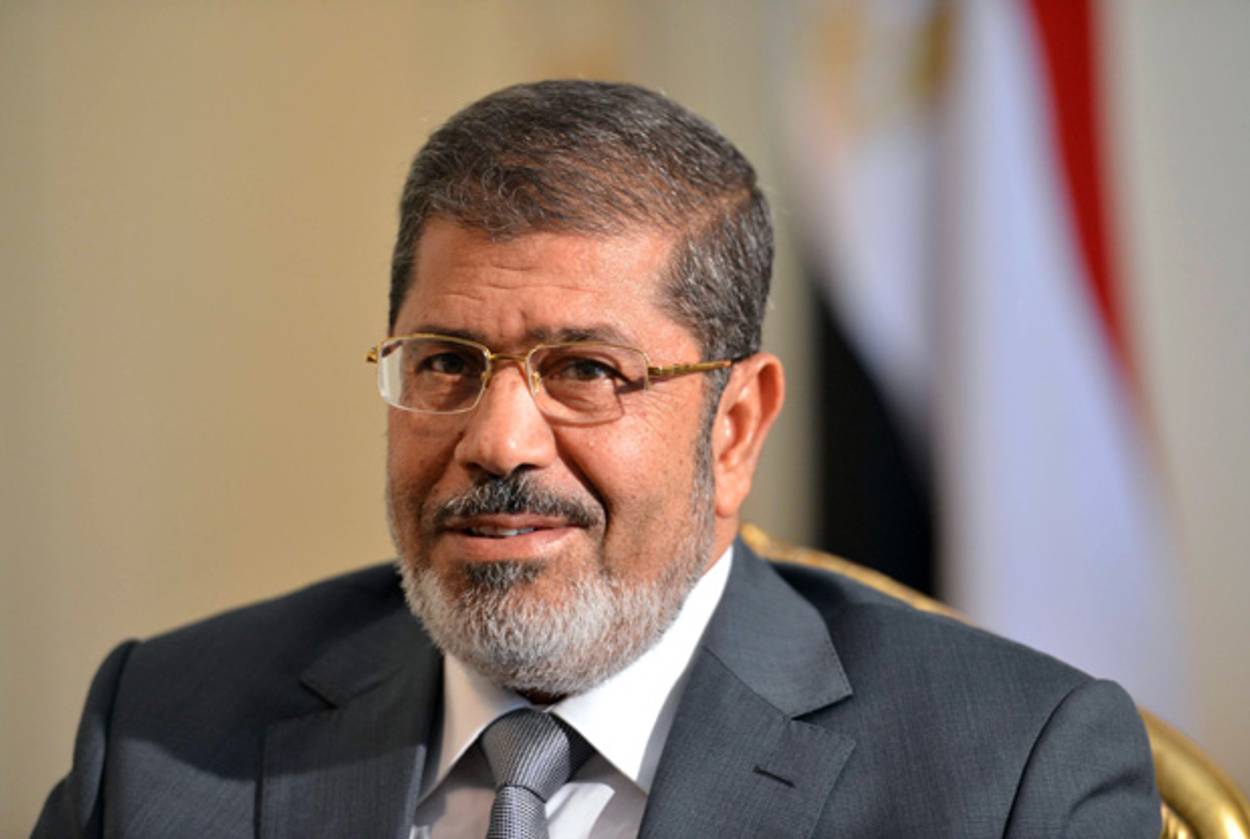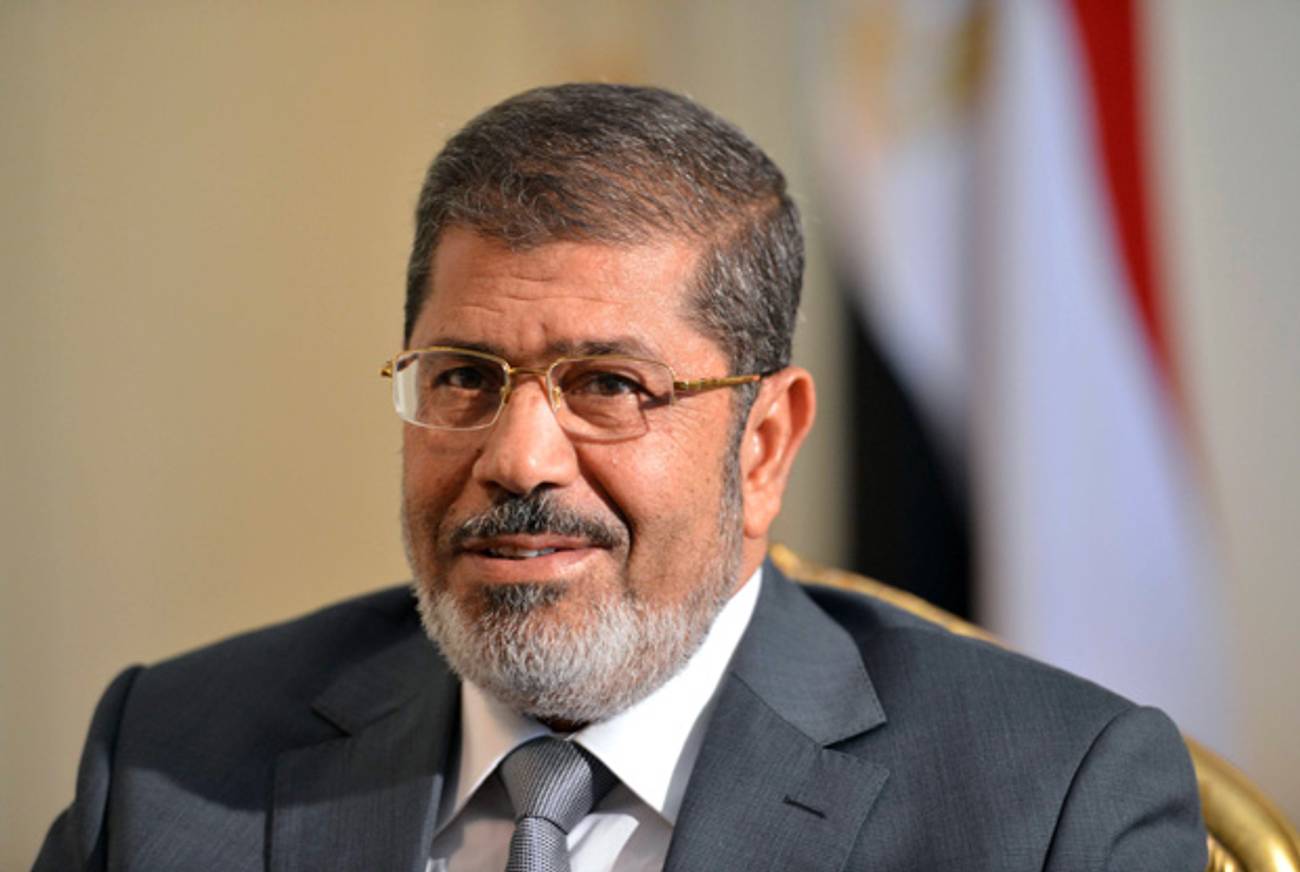Egyptian President Dares Military, in Risky Move
Conflict may foretell whether the new boss is still the old boss




What if you had a country with more than 80 million citizens, and nobody knew who was in charge? Sunday, newly elected Egyptian President Mohammed Morsi, of the Muslim Brotherhood, ordered the Brotherhood-dominated parliament, which had been disbanded by the ruling military council and the high court, back in session. Yesterday, the high court struck back with an affirmation that the parliament remains dissolved. This morning, the parliament convened briefly anyway.
The military has not spoken up—yet. When it does, it’s likely to be decisive. Despite President Hosni Mubarak’s popular overthrow at the beginning of last year, the military—out of which Mubarak arose, and to which he had seemed inextricably linked—still enjoys broad popularity. “It’s one thing to revolt against Mubarak,” an analyst told the Washington Post. “It’s completely another to revolt against the military.” And as for the government—the elected government—the consensus is that the people aren’t expecting big-time authority from it, but rather jobs. If the confrontation progresses, the Muslim Brotherhood, which owes so much of its credibility to its status as a non-governmental provider of social services, could be accused of betraying its mission at the very moment that it actually enters government!
Which, given that the Brotherhood’s supreme leader just declared an obligation to save Jerusalem from “the rapists,” may not be the worst thing in the world.
Egyptian Court Affirms Ruling to Disband Parliament [NYT]
Egypt’s Legislature Convenes Despite Ruling [WSJ]
Despite Unprecedented Criticism, Egyptian Military Still a Revered Institution [WP]
Marc Tracy is a staff writer at The New Republic, and was previously a staff writer at Tablet. He tweets @marcatracy.